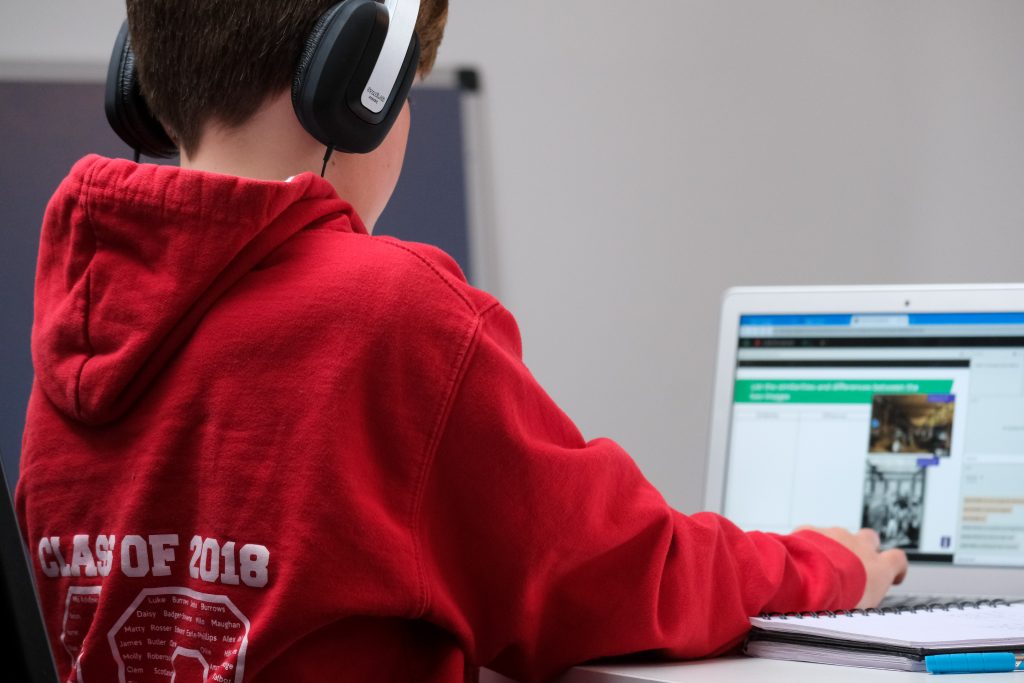eCraft2Learn
The Project
The eCraft2Learn project is researching, designing, piloting and validating an ecosystem based on digital fabrication and making technologies for creating computer-supported artefacts.
The project aims at reinforcing personalised learning and teaching in science, technology, engineering, arts and math (STEAM) education and to assist the development of 21st century skills that promote inclusion and employability for youth in the EU. The eCraft2Learn ecosystem supports both formal and informal learning by providing the appropriate digital tools and has a three-fold focus interrelated within the pedagogical, technical and business objectives.
Website: www.project.ecraft2learn.eu
More Projects
-
Mapping participatory co-design in digital education: A systematic scoping of practices and principlesNovember 2025 - November 2026This study investigates participatory ‘co-design’ practices for digital education in the UK.
-
Edtech usage index: Tracking digital education trends in the UKApril 2021 - May 2023This project developes a UK EdTech usage index and analyses shifting trends in edtech usage.
-
Technological promises and policy visions: AI discourses in education policy documentsMay 2023 - April 2025This project examines how AI is framed in education policy documents, focusing on the narratives, assumptions, and interests shaping policy discourse.
-
Digitalisation of education in Japan – an investigation of the GIGA school projectMay 2024The project investigates the motivations behind Japan’s education digitalisation, focusing on the GIGA School initiative and perspectives of policymakers, educators, and industry leaders.
-
Teaching for Digital Citizenship: Digital ethics in the classroom and beyondJanuary 2023 - December 2025This project responds to the challenges and opportunities young people face in a fast-paced digitally connected world, investigating the ways that digital citizenship is enacted in secondary schools across the UK.
-
Co-designing AI for EducationJanuary 2025 - October 2025This project will develop collaborative design (co-design) methodologies that can support the elicitation of student voice in response to the increasing use of artificial intelligence (AI) in higher education.
Project Details
Start date: January 2017
End date: December 2018
Funder: European Union’s Horizon 2020 Coordination & Research and Innovation Action
Theme: Pedagogy, Learning and Knowledge
More Projects
-
Mapping participatory co-design in digital education: A systematic scoping of practices and principlesNovember 2025 - November 2026This study investigates participatory ‘co-design’ practices for digital education in the UK.
-
Edtech usage index: Tracking digital education trends in the UKApril 2021 - May 2023This project developes a UK EdTech usage index and analyses shifting trends in edtech usage.
-
Technological promises and policy visions: AI discourses in education policy documentsMay 2023 - April 2025This project examines how AI is framed in education policy documents, focusing on the narratives, assumptions, and interests shaping policy discourse.
-
Digitalisation of education in Japan – an investigation of the GIGA school projectMay 2024The project investigates the motivations behind Japan’s education digitalisation, focusing on the GIGA School initiative and perspectives of policymakers, educators, and industry leaders.
-
Teaching for Digital Citizenship: Digital ethics in the classroom and beyondJanuary 2023 - December 2025This project responds to the challenges and opportunities young people face in a fast-paced digitally connected world, investigating the ways that digital citizenship is enacted in secondary schools across the UK.
-
Co-designing AI for EducationJanuary 2025 - October 2025This project will develop collaborative design (co-design) methodologies that can support the elicitation of student voice in response to the increasing use of artificial intelligence (AI) in higher education.








